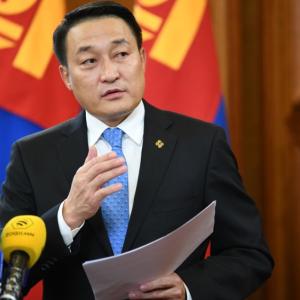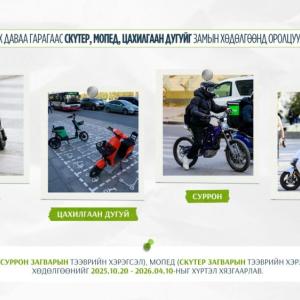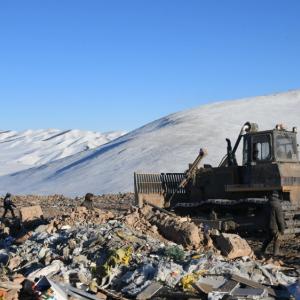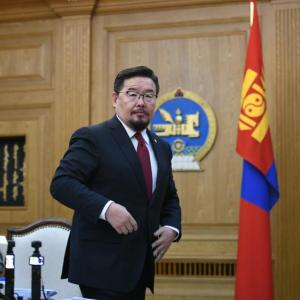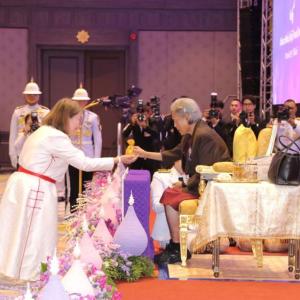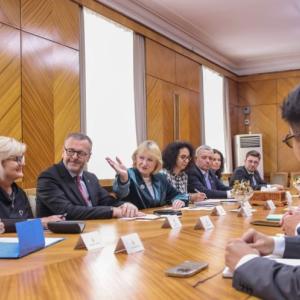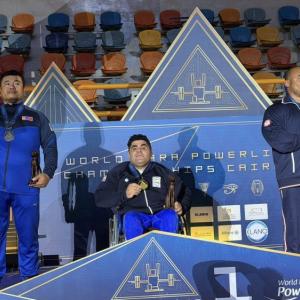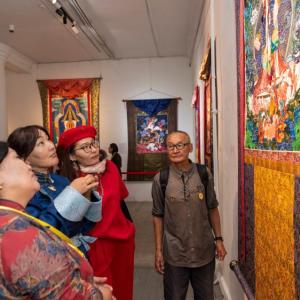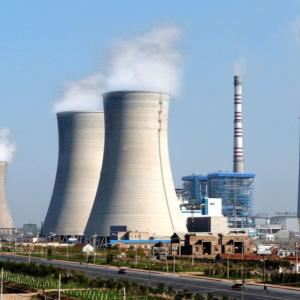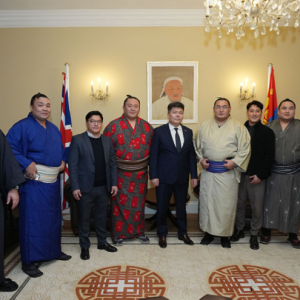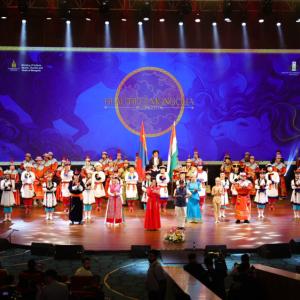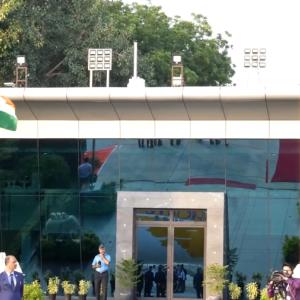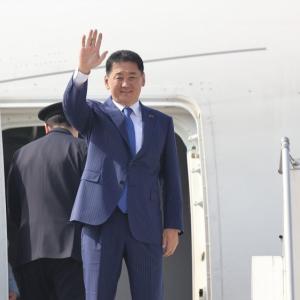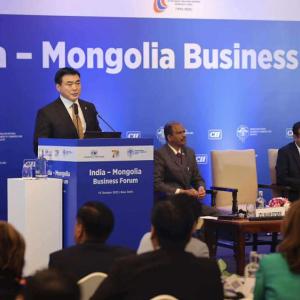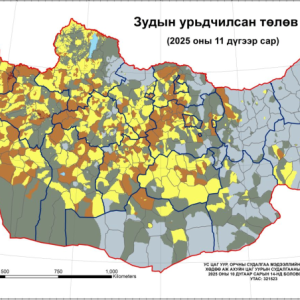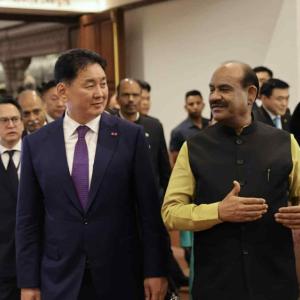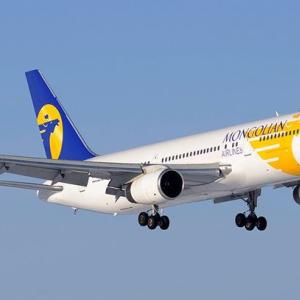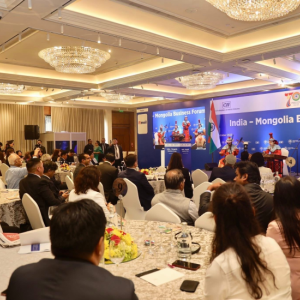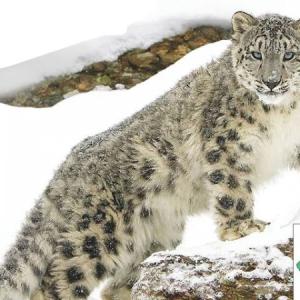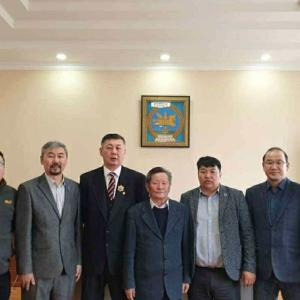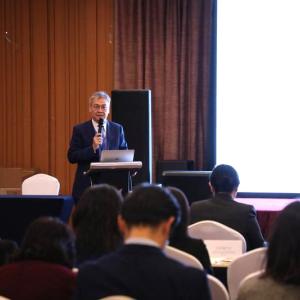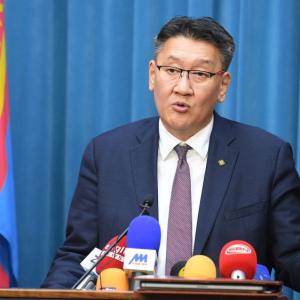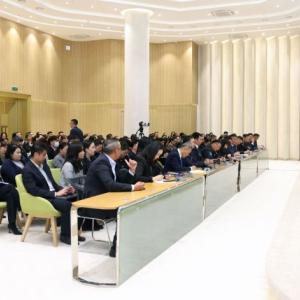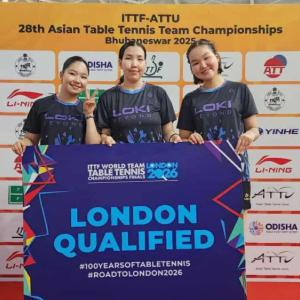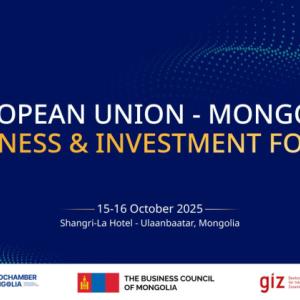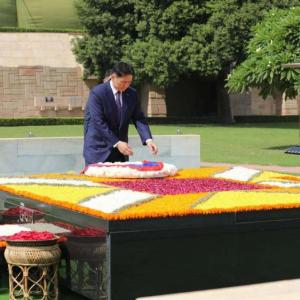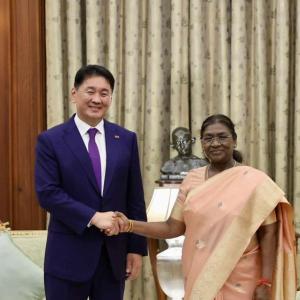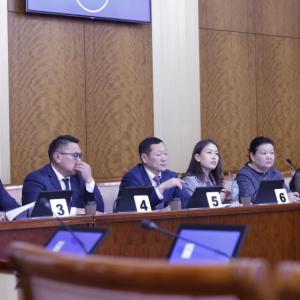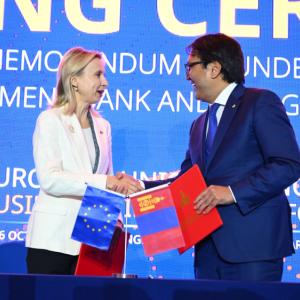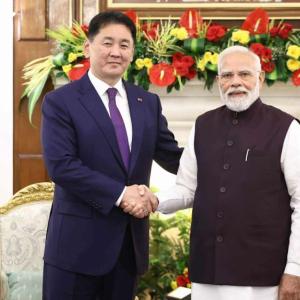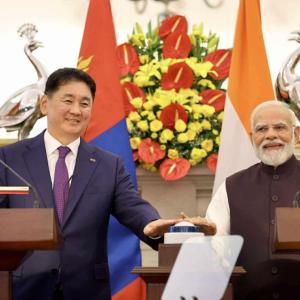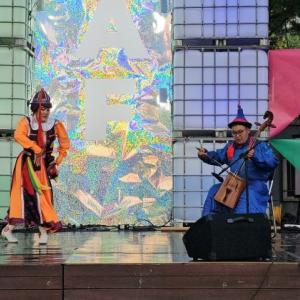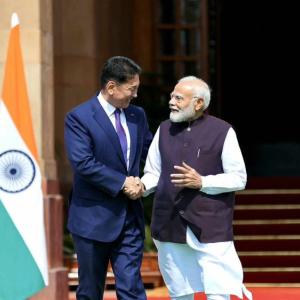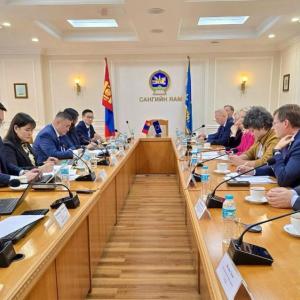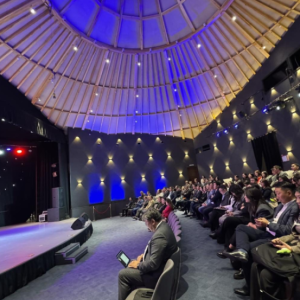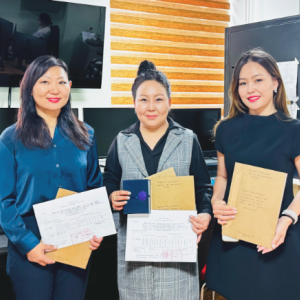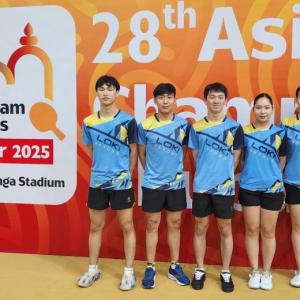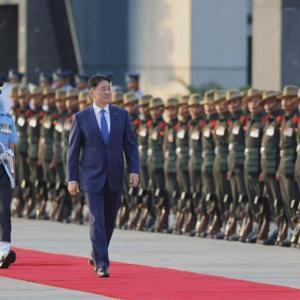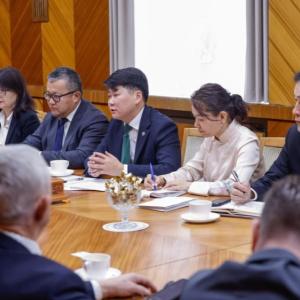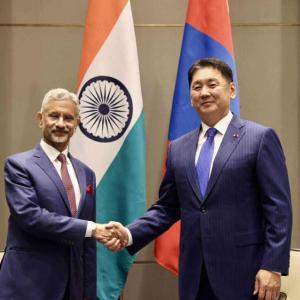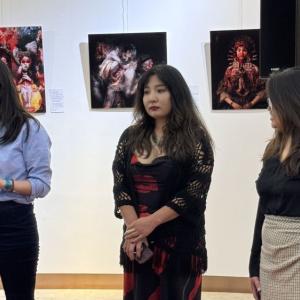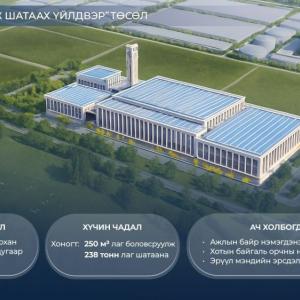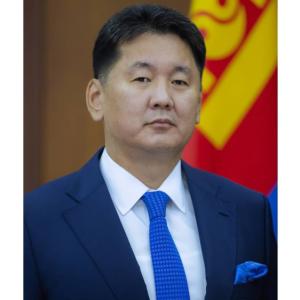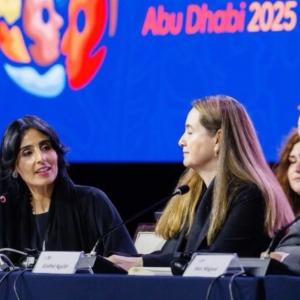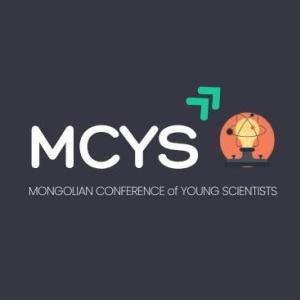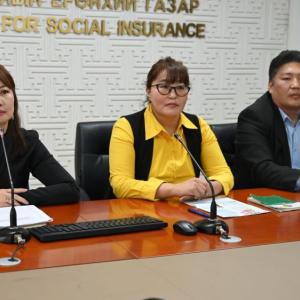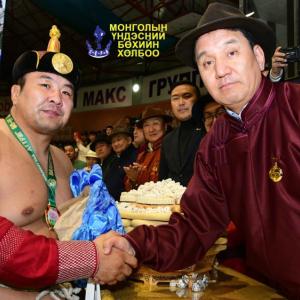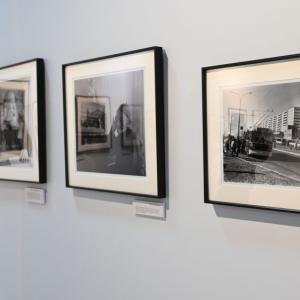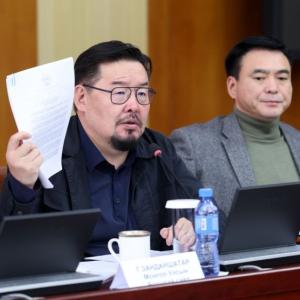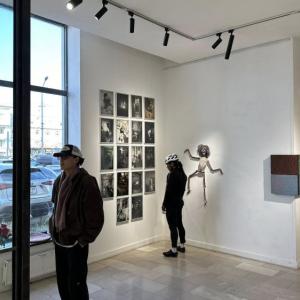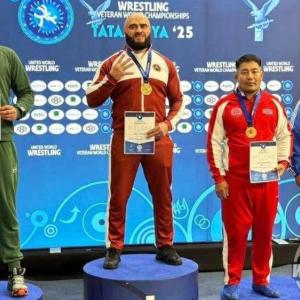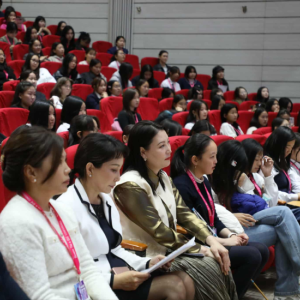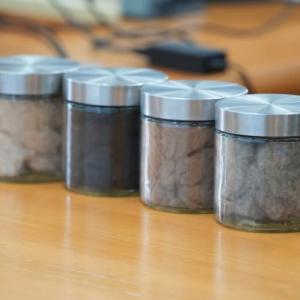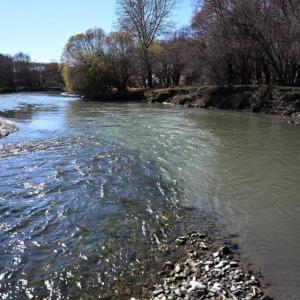The Journey From a Diplomat to the Head of State
Politics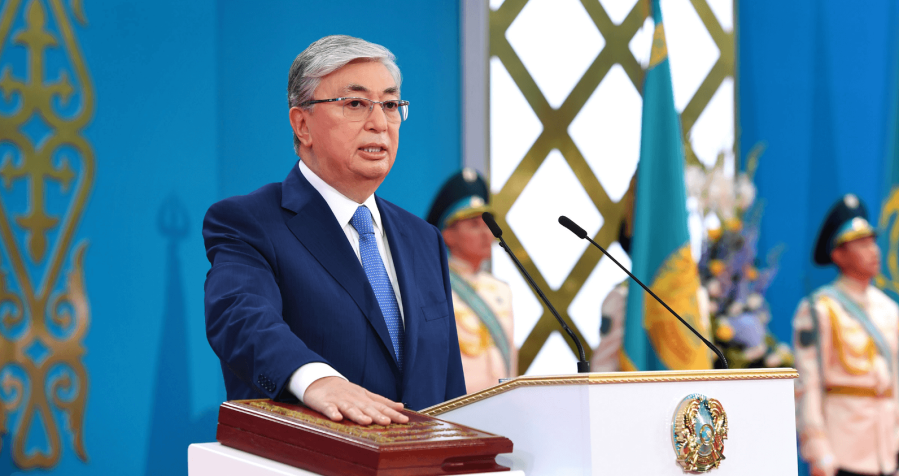
Ulaanbaatar, October 27, 2024 /MONTSAME/. The second President of the Republic of Kazakhstan Kassym-Jomart Tokayev was born on May 17, 1953, in Alma-Ata, or current-day Almaty, Kazakhstan. His father, Kemel Tokayevich Tokayev (1923-1986), was a veteran who took part in the Battle of Stalingrad and the liberation of Kyiv during World War II. After the war, he laid the foundations for the adventure and detective genres in Kazakh literature, eventually becoming a renowned author across the Soviet Union.
Kemel Tokayevich's younger brother died while fighting on the front lines in the Great Patriotic War. In his memory, the future president was given the name Kassym, while his mother chose the name Jomart. In Arabic, "Kassym" means "provider for the family," and "Jomart" translates to "generous" or "benevolent."
The future president's mother, Turar Shabarbayeva (1931-2000), was a teacher at the Almaty Higher School for Foreign Languages. Influenced by his author father and language teacher mother, Kassym-Jomart developed a keen interest in foreign languages while in secondary school. After studying French in-depth, he became interested in other languages. Today, Tokayev speaks Kazakh, Russian, French, English, and Chinese. He is also an avid reader, especially interested in memoirs and political literature, and has maintained his close interest in newspapers and journals since his student years.
Tokayev graduated with high honors from Almaty’s School No. 25, considered one of the best schools in the Kazakh Soviet Socialist Republic. His classmates recall that he stood out for his ability to stay focused on what mattered most, while also being humble and never showing arrogance. Kassym studied foreign languages and wrote articles on serious topics for his school’s newspaper, “Historical Truth.”
Tokayev, a doctorate of political science, has authored around 10 books on international relations, with his first collection on diplomatic service, titled "Overcoming," published in 2003.
In addition, Tokayev has been playing sports since childhood. He was his school’s champion in table tennis and, as a university student, earned the title of Candidate Master of Sports. Even after becoming a politician, he led the Table Tennis Federation of the Republic of Kazakhstan for 13 years. To maintain his physical fitness, he continues to play table tennis to this day.

Diligent and meticulous, and proficient in both Chinese and English, President Tokayev enrolled in Moscow State Institute of International Relations (MGIMO), a globally renowned school for training diplomats, in 1970 and graduated successfully five years later.
President Kassym-Jomart Tokayev was immediately assigned to the Ministry of Foreign Affairs of the Soviet Union, marking the beginning of his long career in diplomacy.
Initially, Kassym-Jomart Tokayev worked at the Soviet Embassy in Singapore (1975-1979) before being transferred to the central office of the Ministry of Foreign Affairs. And completed an internship at the Faculty of Foreign Languages at Beijing University. From the mid-1980s until the dissolution of the USSR, President Tokayev served at the Soviet Embassy in Beijing (1985-1991).
During this period, Lee Kuan Yew transformed Singapore’s economy, elevating the country from a developing “third-world” nation to a member of the developed world. Meanwhile, Deng Xiaoping implemented vigorous reforms and established the foundation of “Socialism with Chinese Characteristics.”
After the Soviet Union’s dissolution, Tokayev’s knowledge and experience became invaluable to the newly established Republic of Kazakhstan. At the invitation of President Nazarbayev, he returned to his homeland, taking up the position of Deputy Minister of Foreign Affairs in 1992, responsible for relations with Asian countries and international organizations.
The reformist policies of former President of Singapore, Lee Kuan Yew, had a significant influence on Nazarbayev’s vision for Kazakhstan’s rapid development, and Tokayev, who had worked in Singapore, played a notable role in this.
In the early 1990s, Kazakhstan’s diplomatic structure was just forming, and there were very few experts with experience in international relations. The Faculty of International Relations at Kazakhstan’s universities was only just being established. Tokayev demanded high professional standards from his staff and is often credited with having “personally raised” the Ministry of Foreign Affairs. Tokayev avoided internal political disputes, focusing solely on establishing the diplomatic service, as he described in his 1997 article which outlined the principles of Kazakhstan’s foreign policy and recounted his career path.

In the early 1990s, Kazakhstan adopted a multi-pillared, balanced foreign policy, developing cooperation with neighboring Russia, as well as the U.S., EU, and China. Tokayev played a pivotal role in defining independent Kazakhstan’s foreign policy and establishing its diplomatic service. President Tokayev’s efforts were aimed at presenting Kazakhstan as an appealing, reliable partner for future allies. Two years later, Tokayev was appointed Minister of Foreign Affairs.
In the spring of 1999, Tokayev was appointed Deputy Prime Minister of the government, and six months later, he was appointed Prime Minister. At that time, the Asian financial crisis was underway, and Russia was facing default. This led to economic challenges in Kazakhstan, with the economy struggling to stabilize. However, by the end of the year, the crisis had essentially subsided, signs of economic growth appeared, and light began to emerge at the end of the tunnel.
After serving as head of government for two years, Tokayev requested to assume the position of Minister of Foreign Affairs.
In January 2007, when a constitutional reform was necessary, Tokayev was elected Chairman of the Senate. During this period, from 2008 to 2009, Nazarbayev’s goal of establishing friendly relations with the Organization for Security and Co-operation in Europe (OSCE) was achieved. At a time when "color revolutions" were occurring one after another in Central Asia and Arab countries, Kazakhstan actively participated in multilateral cooperation structures like the OSCE, strengthening its position. In 2008, Tokayev was elected Vice President of the OSCE Parliamentary Assembly, and in 2010, he organized a high-level summit of the organization in Astana.
Tokayev is a person who has climbed all the ranks of diplomatic and public service, from the bottom up. His main strength lies in his ability to communicate effectively and negotiate with others. His diplomatic talent is recognized at the global level. From 2011 to 2013, Tokayev represented Kazakhstan with dignity on the international stage. He held positions such as Deputy Secretary-General of the United Nations, Director-General of the UN Office in Geneva, and Secretary-General of the Conference on Disarmament. Kazakhstan's first president, Nursultan Nazarbayev, stated, "Tokayev's appointment to these positions reflects not only recognition of his diplomatic skills but also the trust placed in Kazakhstan."
Climbing from Second Secretary of the Embassy to Deputy Head of the UN is a rare achievement that could be written in a textbook on diplomacy.
Kazakhstan’s Second President- Kassym-Jomart Tokaev
In 2013, upon his return to Kazakhstan, Kassym-Jomart Tokayev was reappointed as Chairman of the Senate of the Parliament. At the time, relationships between the post-Soviet states were not particularly amicable. Furthermore, violence was intensifying in the Middle East, with the growing activities of the Islamic State group posing a threat to Kazakhstan’s national security. In these challenging circumstances, President Nazarbayev needed a diligent and humble leader who could serve as a strong support and would contribute to the nation not through words but through effective action. Tokayev, indeed, fulfilled this trust.
Six years later, Kazakhstan’s first President Nursultan Nazarbayev stepped down and named Tokayev as his successor.
“Since Kazakhstan’s declaration of independence, Tokayev has been working with me. I know him well. He is honest, responsible, and completes every task precisely. All our development programs were developed and approved with his participation. I am confident that Tokayev is the right person to lead Kazakhstan,” remarked Nazarbayev.
On March 20, 2019, Kassym-Jomart Tokayev took an oath of office and assumed the duties of Head of State. To ensure a transparent transition of power, he called for early presidential elections, in which he won decisively with 70.96 percent of the vote.
Upon assuming office, Tokayev’s first official visit was to Russia. During his meeting with President Vladimir Putin, Tokayev described Russia as “a strategic and reliable partner, a neighbor closer than kin.”
As Kazakhstan’s second President, Tokayev has pursued a multi-faceted and pragmatic foreign policy, strengthening ties not only with Russia but also with “strategic partners”- China, the United States, Central Asian countries, the European Union, and nations across Asia and the Middle East. Additionally, Kazakhstan actively participates in international organizations such as the Commonwealth of Independent States (CIS,) the Euroasian Economic Union (EAEU,) and the Shanghai Cooperation Organization (SCO.)
Tokayev’s expertise, experience, insight, and personal abilities have played a crucial role in these efforts. In 2024, Astana successfully hosted high-level summits of the SCO and EAEU. Today, Tokayev has become a globally recognized politician. During his tenure as Chairman of the Senate, Kazakhstan was elected as a non-permanent member of the United Nations Security Council in 2018. This was a major achievement of Tokayev’s diplomatic efforts.
 Ulaanbaatar
Ulaanbaatar






